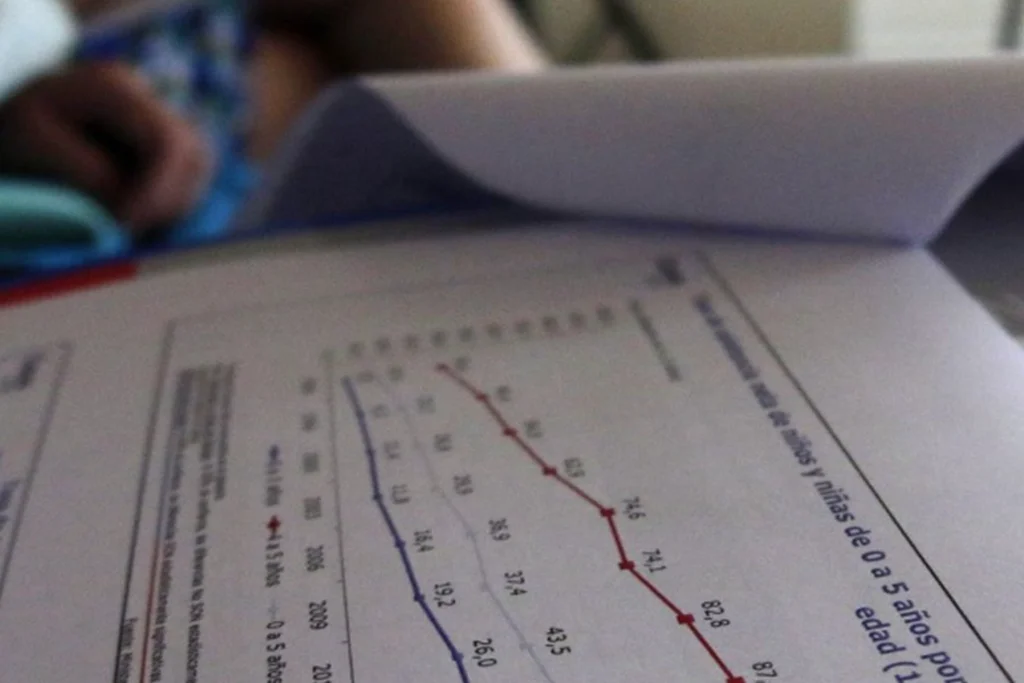
According to a study conducted in Chile, there is a high level of mistrust in surveys, even among those who regularly respond to them. Why do so many people suspect the falsification and manipulation of data?
By Paulina Valenzulea y Joao Acharán (Latinoamerica21)
HAVANA TIMES – Last December 17, Chile faced a new electoral milestone: the exit plebiscite to vote “for” or “against” the proposed new Constitution. Despite the long period of prohibition of publication of electoral results, 15 days before an electoral event in Chile, several polls circulated through private messages (including social networks), making it difficult for citizens to identify whether they were real or invented polls. In the case they were true, it was difficult to access the methodological features of each measurement, which fed a climate of distrust toward polls.
Given the leading role they play in both the pre-electoral and post-electoral processes, it is essential to understand citizens’ perceptions of polls in Chile. What do voters think about the main tool for unraveling the direction, motives, and meaning of their choices for public and collective life? Considering that polls indicate the probabilities of popular adhesion and success of alternative futures, and — thereby — help to shape the campaign strategies of the opponents as well as the interpretation of what citizens can expect the day after the elections, it is important to understand what the population thinks about these instruments. This led to a study on confidence in polls conducted via e-mail to a panel of regular respondents, to identify the most critical segments and the factors that influence this disbelief.
As is the case with the actions and performance of several other professional sectors and institutions, not only in Chile but also in the region, the results revealed that there is a high level of distrust in the surveys conducted in the country, even among those who answer them regularly. Ennobled almost 100 years ago by pioneers George Gallup and Elmo


